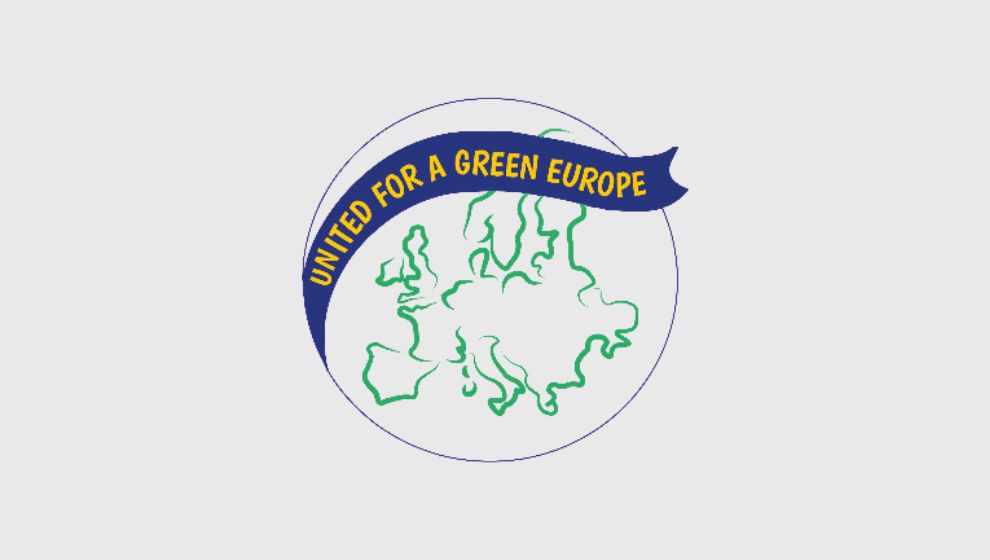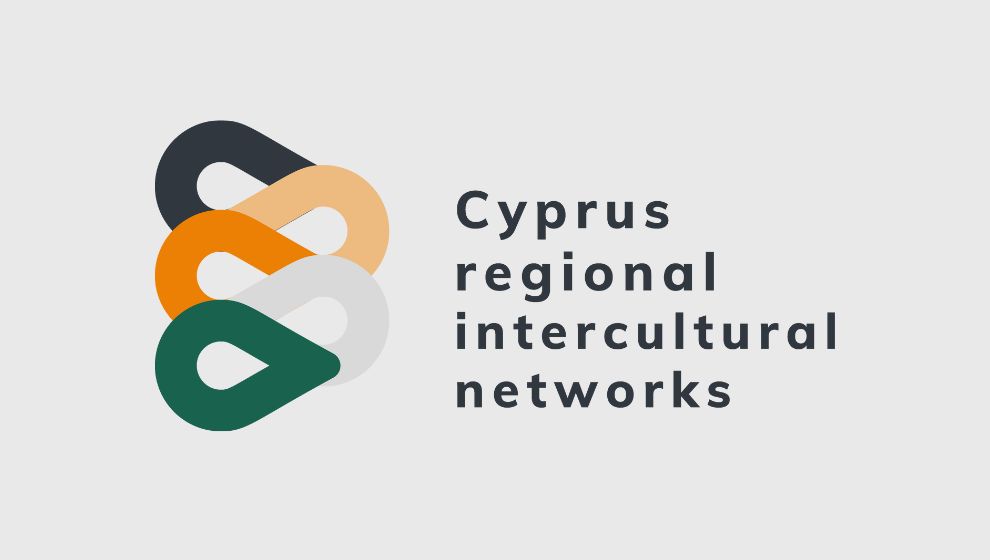Promoting global citizenship education in schools


We are all living in an interconnected and interdependent world; technological advances have surpassed distance allowing the instant transfer of information, images, experiences from one corner of the globe to the other. Issues such as migration and climate change dictate actions that transcend the narrow nation-state boundaries and pose challenges that cannot be addressed unilaterally. As the devastating COVID-19 pandemic spreads it comes to manifest in bleak colours the fluidity of national frontiers and the inalienable bond of humans against a common threat.
As defined by UNESCO, Global citizenship refers to a sense of belonging to a broader community and a common humanity. It emphasizes political, economic, social, and cultural interdependency and interconnectedness between the local, national and the global. Despite its importance, global citizenship education is in its nascent phase and currently it is not introduced in schools. Moreover, the ever-increasing peoples’ movement calls for teachers to be well versed in working in multicultural environments, support students from culturally diverse backgrounds, and instil respect for cultural diversity and human rights. Teachers lack the initial training or CPD resources to integrate global citizenship issues in their teaching. This project aims to address the evident gap in the provision of global citizenship education in secondary schools and to support teachers to promote and integrate global citizenship in their teaching.
POLITEIA is an Erasmus+ project that aims to address the gap in the provision of global citizenship education in secondary schools and to support teachers to promote and integrate global citizenship in their teaching.
The project seeks to build an innovative, tailored training course addressed to teachers to allow them to confidently bring global citizenship issues in the classroom, integrate its themes and values in the citizenship course or across curricula, and ignite students’ interest in global citizenship.





